Future of the Rose
Thorntorn
10 years ago
Related Stories

WINTER GARDENINGPruning Secrets for Exquisite Roses
Encourage gorgeous blooms year after year with this time-tested advice on how to prune your rosebush in winter for health and shape
Full Story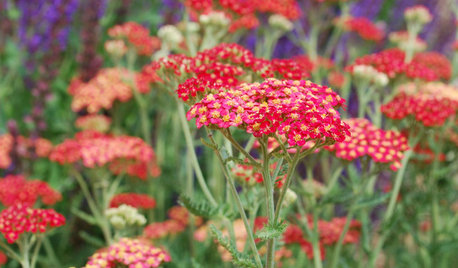
GARDENING GUIDESTexas Gardener's February Checklist
Show roses some love around Valentine's Day and set the stage for future garden growth with seeds and starts
Full Story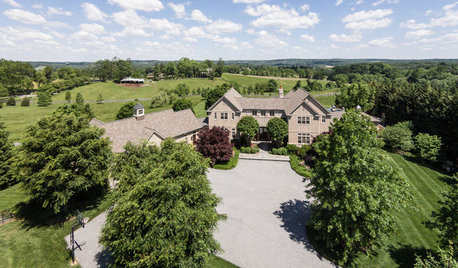
HOME TECHThe Inevitable Future of Drones Around Your Home
As Google joins the push for airborne deliveries, it seems only a matter of time before neighborhoods are buzzing with drones. Is that OK?
Full Story
ARCHITECTUREDo These Surprising Contemporary Exteriors Hint at the Future?
Unconventional homes may someday be commonplace, thanks to more building choices than ever before
Full Story
COMMUNITYGet a Bird's-Eye View of America's Housing Patterns
See the big picture of how suburban developments are changing the country's landscape, with aerial photos and ideas for the future
Full Story
TRANSITIONAL HOMESHouzz Tour: Classic American Bungalow Style for a Bachelor
For this homeowner’s first house, a designer creates a clean, neutral look with pieces he can carry into the future
Full Story
TASTEMAKERSWorld of Design: Where Color Trends Begin
Colors go in and out of vogue. Here’s how they make their way into our home decor
Full Story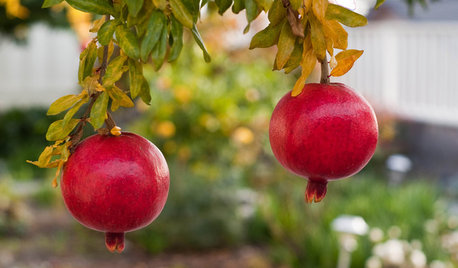
GARDENING GUIDESNorthern California Gardener's October Checklist
It's still a great time to plant flowers, vegetables and even bulbs in California gardens this month, thanks to predictably mild weather
Full StorySponsored
More Discussions






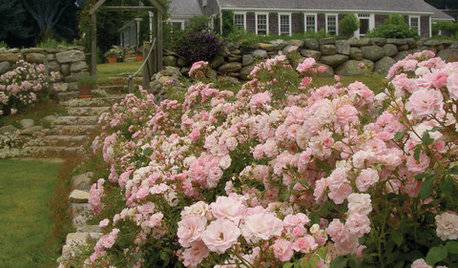

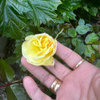

jockewing
sandandsun
Related Professionals
Mountain Brook Landscape Architects & Landscape Designers · Woburn Landscape Contractors · Brandon Landscape Contractors · Fort Mill Landscape Contractors · Hoffman Estates Landscape Contractors · Lady Lake Landscape Contractors · North Highlands Landscape Contractors · Ridgewood Landscape Contractors · Rockland Landscape Contractors · San Bruno Landscape Contractors · South Lake Tahoe Landscape Contractors · Tehachapi Landscape Contractors · West Chicago Landscape Contractors · Wilsonville Landscape Contractors · San Pablo Landscape Contractorsnickl
rosesinny
roseblush1
rosetom
User
henry_kuska
frenchcuffs13
jerijen
mark_roeder 4B NE Iowa
roseblush1